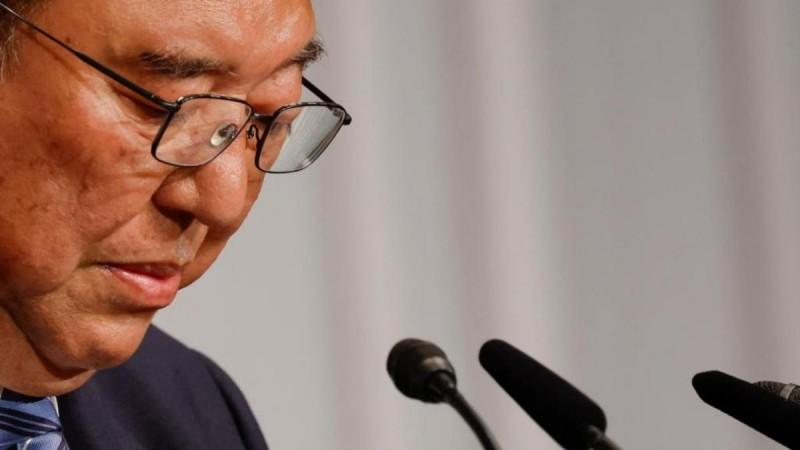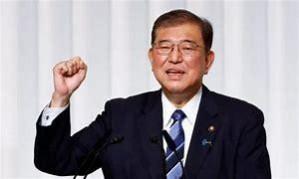
In Tokyo, ruling party lawmakers in Japan are gearing up to replace outgoing Prime Minister Shigeru Ishiba, a move that has sparked uncertainty in financial markets. Ishiba announced his resignation, citing responsibility for his party's losses in recent elections, which led to the ruling coalition losing its majority in parliament. This decision prompted the Liberal Democratic Party (LDP) - Japan's long-time governing party - to schedule an emergency leadership election for October 4.
Following Ishiba's resignation, the yen weakened and super long-term bond yields hit record highs, as investors fret over potential successors who may increase government spending. Among the frontrunners for the leadership role are fiscal dove Sanae Takaichi and Shinjiro Koizumi, son of former Prime Minister Junichiro Koizumi.
Both Takaichi and Koizumi stand to make history if elected, with Takaichi potentially becoming Japan's first female leader and Koizumi its youngest in the modern era. The outcome of the leadership contest is expected to come down to a showdown between these two candidates, based on their performance in the previous election.

Takaichi, known for her opposition to the Bank of Japan's interest rate hikes and calls for increased spending to stimulate the economy, has drawn attention from investors and Japan's neighbors, particularly China. Her nationalist views, including support for revising the pacifist constitution and visits to controversial sites like the Yasukuni shrine, have raised concerns about potential implications for Japan's foreign relations.
Investors are closely monitoring the situation, with expectations that the leadership change may delay the BOJ's planned monetary policy tightening. This uncertainty is reflected in money markets, which are now pricing in a lower probability of a rate hike by the end of October.
As Japan navigates this period of political transition, the implications extend beyond domestic policy to its relationships with key international partners. Takaichi's nationalist leanings and assertive stance towards China could further complicate an already delicate geopolitical landscape. Observers are watching closely to see how the upcoming leadership race unfolds and its potential impact on Japan's economy and diplomatic ties.

















